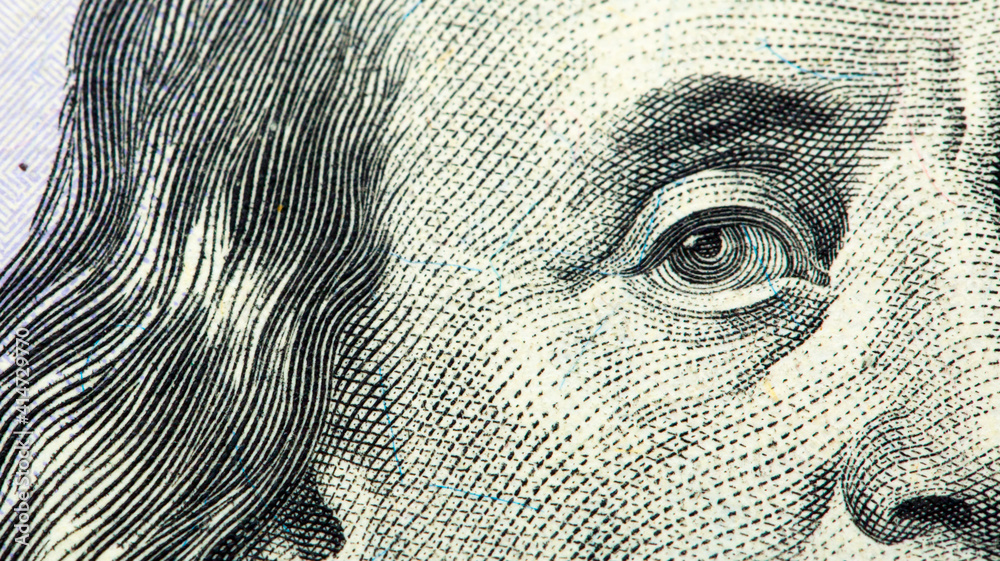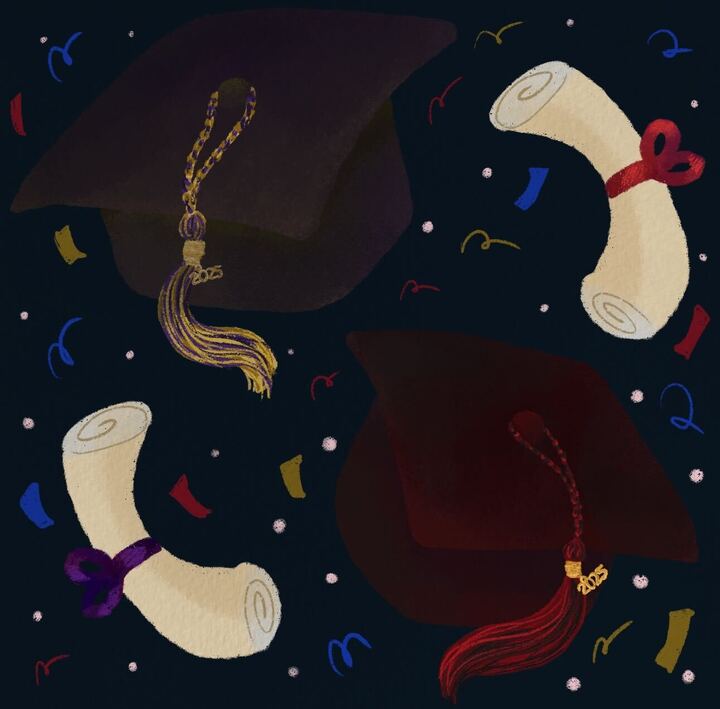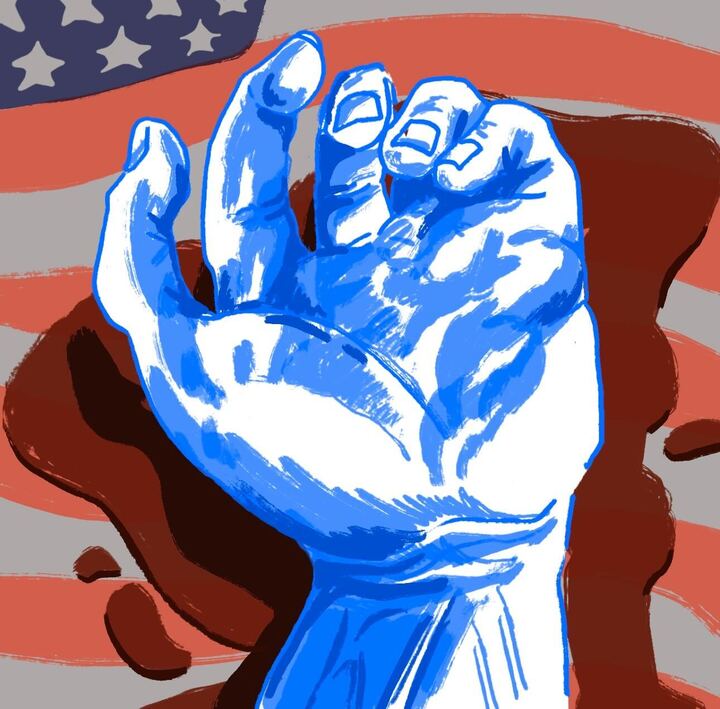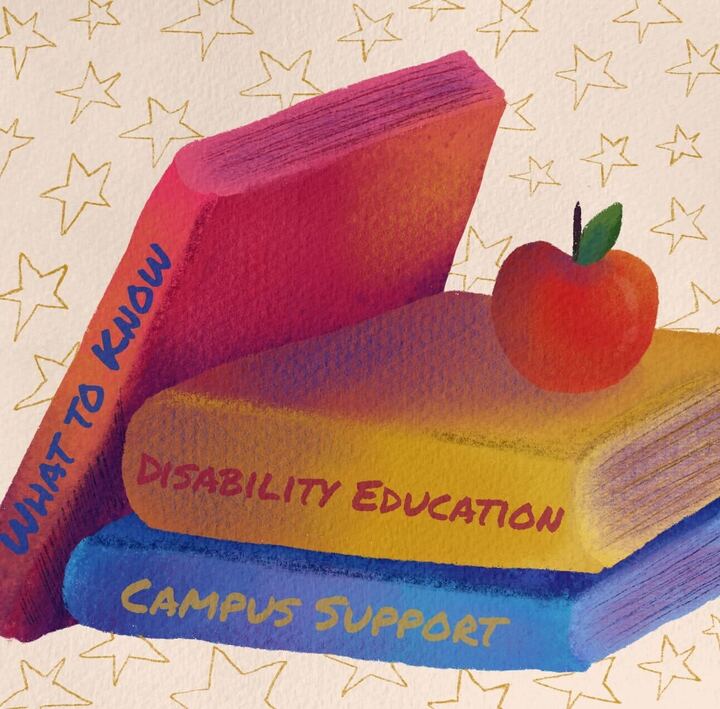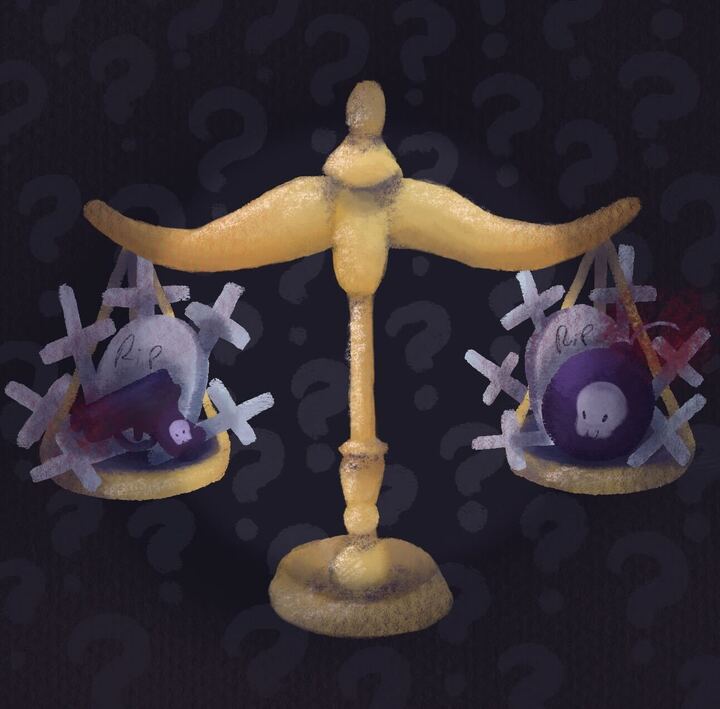I am sure someone has asked you, “Debit or credit?” I say credit every time, and you should too. You were likely brought up in a society denouncing credit cards as some financial weapon of mass destruction. This is not true. If used properly, I am here to convince you that your credit card can become your most trusted financial ally, especially as a college student.
Before we get into the nitty-gritty, we should adequately disclose the critical differences between debit and credit cards. They function nearly identically when you purchase your Starbucks coffee; however, the behind-the-scenes process differs considerably. Debit cards take money directly from your bank account, while credit cards allow you to borrow it.
What is a debit card? A debit card is your way of deducting money directly from your bank account to make purchases. You transfer money from your bank account to the merchant by inserting your chip and entering your PIN number. Always remember that if you spend more money than you have, you will be charged an overdraft fee; this must be paid back in addition to the money you overspent. It is important to note that overdraft fees vary by bank, although they typically range between $25 and $35.
What is a credit card? A credit card allows the holder to borrow money from a credit institution and repay it later. They often give you a spending limit dependent on your income, credit history, and overall creditworthiness. If you fail to pay the minimum account balance due, they will charge you interest on that amount until you fully pay it. Interest rates vary widely but typically range from 18% to 27%.
While there are a plethora of benefits for using credit cards, I will discuss the three most important ones for a college student who likely isn’t rolling in the dough, per se:
1. Building credit history: Paying off your balance can improve your credit score; the number credit agencies assign you to objectively determine your likelihood of paying someone back. Increasing this score will allow you to be more likely to get a loan on a car or a house and be accompanied by a lower interest rate.
2. Rewards and benefits: Many credit cards, from newbie cards to big-baller cards, offer rewards like cashback, points, or miles. However, the variety and value of rewards can significantly vary between cards. With the money you would spend anyway, you can get compensated with cash back or redeemable points for travel or select purchases. One disclaimer: it is not prudent to justify a purchase greater than the sum in your bank account due to anticipated cashback. Never borrow more than you can pay off.
3. Purchase protection: Unfortunately, financial fraud can occur anywhere upon anyone. I have experienced this in one of my bank accounts, and convincing my bank that I did not make that purchase was a hassle. However, with a credit card, it is not your money you spend; it is the credit card company’s. The truth is that they are willing to put up more of a fight for their own money. Also, a credit card number is not directly attached to your bank account like a debit card. If you are the victim of fraud, they can never take your money directly.
While the perks of credit cards are enticing, it is crucial to understand their potential risks. They will charge you if you cannot pay your bill, which can vary based on the card, the issuer, and your creditworthiness. If tempted to spend more than you make, a credit card may not be for you. However, if you are responsible with your money and spend money regularly, why not reap the benefits of what a credit card can offer you?

